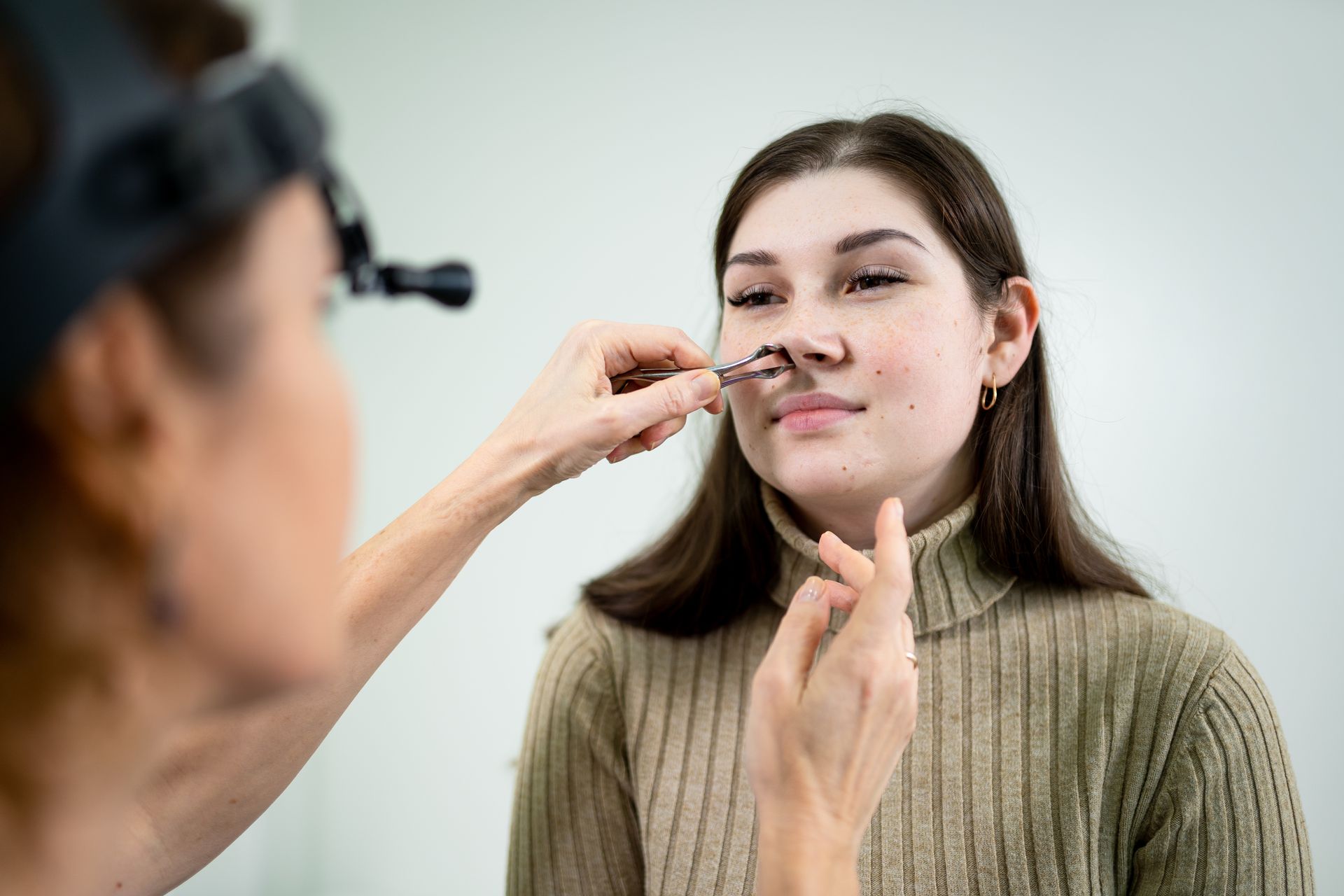Do You Have to Get a Referral to See an ENT?
When it comes to seeking medical care, navigating the healthcare system can sometimes feel overwhelming. One question that often arises is whether or not a referral is required to see a specialist, such as an Ear, Nose, and Throat (ENT) physician. In this blog, we will explore the topic of referrals and whether they are necessary when seeking care from an ENT.
What is an ENT?
Before discussing referrals, let’s first understand what an ENT specialist does. An ENT physician, also known as an otolaryngologist, specializes in diagnosing and treating conditions related to the ears, nose, throat, head, and neck. They have extensive knowledge and expertise in various areas such as sinus disorders, hearing loss, voice disorders, allergies, and more.
Referral Requirements
The need for a referral to see an ENT specialist can vary depending on several factors such as insurance policies and individual healthcare providers. Here are some scenarios where a referral may or may not be necessary:
- Primary Care Physician (PCP) Requirement: Many health insurance plans require patients to obtain a referral from their primary care physician before seeing a specialist. This requirement serves as a way for insurance companies to ensure appropriate utilization of resources.
- Insurance Policy Restrictions: Some insurance policies may have specific requirements or restrictions regarding specialist visits. It is essential to review your insurance policy or contact your insurance provider directly to determine if a referral is necessary.
- Emergency Situations: In emergency situations where immediate medical attention is required, referrals are typically not needed. For example, if you experience sudden severe symptoms related to your ears, nose, or throat that require urgent evaluation by an ENT specialist.
- Self-Referral Options: Certain healthcare providers allow patients to self-refer themselves directly to specialists without needing prior authorization from their primary care physician. This option provides individuals with more flexibility and quicker access to necessary care.
Benefits of Referrals
While referrals may seem like an additional step in the healthcare process, they can offer several advantages:
- Coordinated Care: When a referral is required, it ensures that the primary care physician remains informed about your healthcare journey. This coordination enables them to stay involved in your overall care and communicate effectively with the specialist.
- Insurance Coverage: In many cases, insurance companies require referrals to ensure appropriate utilization of resources. By obtaining a referral, you can avoid potential issues with insurance coverage and maximize your benefits.
- Established Relationships: Referrals often lead to partnerships between primary care physicians and specialists. This collaboration allows for seamless communication and improved continuity of care between healthcare providers.
Direct Access Options
In recent years, some healthcare systems have implemented direct access options for patients. These programs allow individuals to see certain specialists without requiring a referral from their primary care physician. This approach aims to streamline the process, reduce administrative burden, and provide patients with more autonomy in their healthcare decisions.
Conclusion
Whether or not you need a referral to see an ENT specialist depends on various factors such as insurance policies, healthcare providers, and specific circumstances. It is advisable to review your insurance policy, consult with your primary care physician, or contact the ENT office directly to determine if a referral is necessary. Remember that timely evaluation by an ENT specialist can aid in early diagnosis and effective management of conditions related to the ears, nose, and throat.













